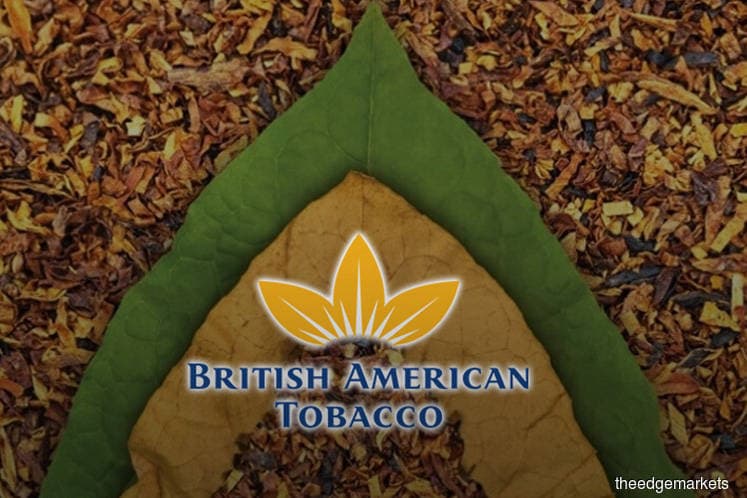
This article first appeared in The Edge Financial Daily on June 4, 2018
KUALA LUMPUR: The new government’s decision to maintain cigarette prices after zero-rating the goods and services tax (GST) will have minimal impact on tobacco players, said analysts.
Health Minister Dr Dzulkefly Ahmad ruled out a reduction in cigarette prices — after the GST rate was cut from 6% to 0% effective last Friday — in an effort to curb smoking among Malaysians.
This means tobacco players could experience a short “tax holiday” sans the GST until the sales tax comes into force on Sept 1.
However, analysts do not see this as having a major impact on tobacco players such as British American Tobacco (Malaysia) Bhd (BAT), the country’s only public-listed tobacco manufacturer.
MIDF Research analyst Noor Athila Mohd Razali said the impact would be “mildly positive”.
“The tobacco industry is currently being plagued by illicit trade which offers cheaper priced cigarettes, and which hit an all-time high market share of 63% as of March 2018, so definitely, this would be positive news for BAT.
“In the interim period until the sales tax [comes into play] in September, the impact should be mildly positive,” she told The Edge Financial Daily.
Another analyst, who declined to be named, said the 6% GST savings would be shared between tobacco manufacturers and retailers. “On who gets more, we are not too sure at the moment, but we believe that both parties are sharing the upside for now in the form of slightly higher margins,” he said.
Hong Leong Investment Bank analyst Gan Huan Wen said the more pressing issue is the high excise duty of around RM8 per pack, which has led to a rampant illicit market.
Illicit trade of cigarettes in Malaysia doubled from 31.5% of total market volume in October 2014 to 63% as of March 2018, and is believed to be the highest in the world.
“In my opinion, the more pertinent issue is the potential clampdown on illicit trade. Pakatan Harapan’s alternative budget 2018 stated that the newly elected government expects to collect RM6.1 billion in cigarette excise duty as opposed to the RM3.5 billion estimated by the previous administration.
“Should the newly elected government step up efforts to cull illicit trade, they would boost their tax collection, and hence benefit BAT and other tobacco players,” he said.
The last time the excise duty on cigarettes was hiked was in November 2015, when it was raised by more than 40% to 40 sen per stick, from 28 sen. The excise duty for a pack of 20 sticks works out to RM8.
BAT has had to grapple with the growing illicit trade and hike in excise duty. Since 2015, its annual revenue has shrunk significantly, while net profit almost halved. For the first quarter ended March 31, 2018, BAT’s revenue fell 14.8% to RM638 million from a year ago, while net profit slipped 16.1% to RM95.88 million.
Its share price also took a beating, dropping to an almost 11-year low of RM22.23 on May 7. The counter has since recovered by 47%, closing at RM32.58 last Friday, with a market capitalisation of RM9.3 billion.
An analyst with a local investment bank estimates a 5% to 8% boost to BAT’s profitability this year from the three months of zero-rated GST. “The health minister did mention that the excise duty might be incorporated to maintain the selling prices of cigarettes, without specifying the timeline. Therefore, until that happens, it represents a windfall window for players in the legal trade,” he said.